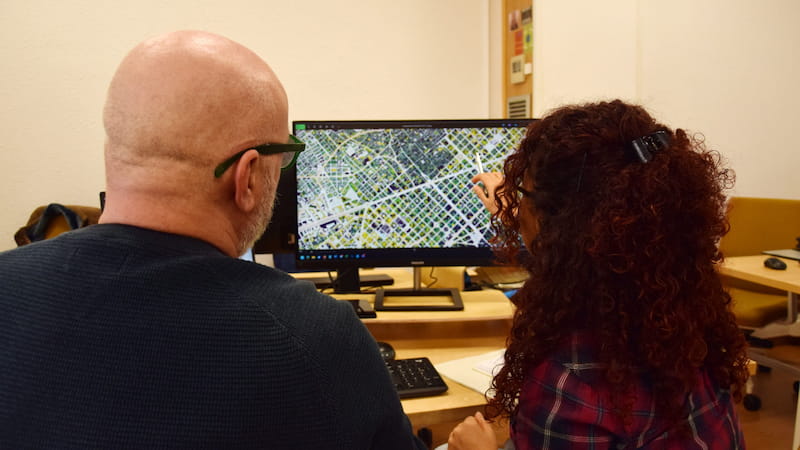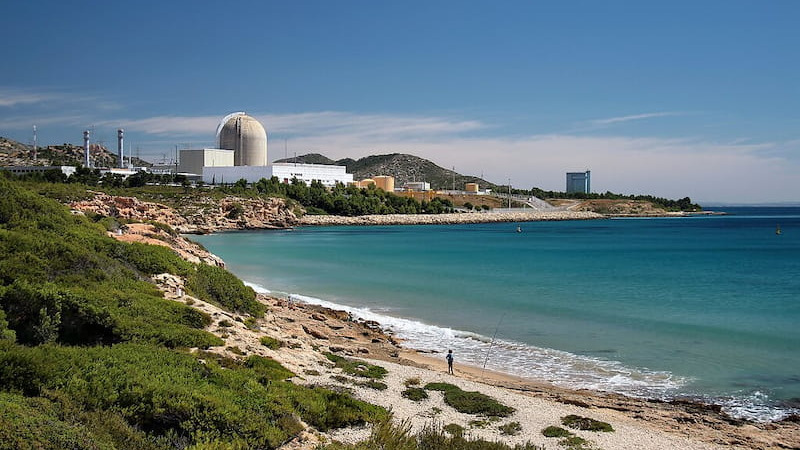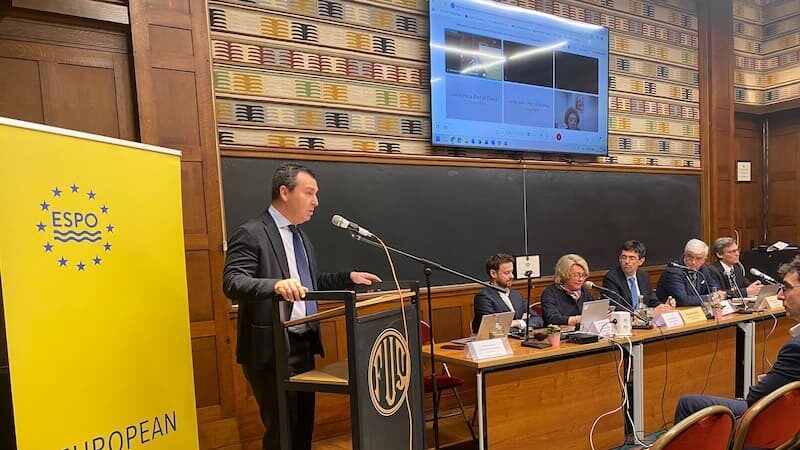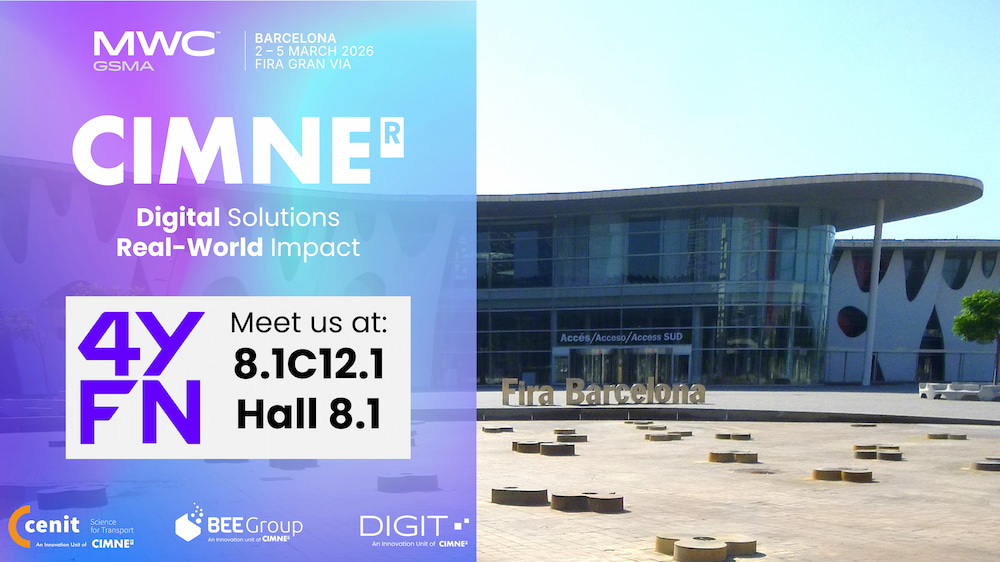Researchers from the EU-funded Building Information, aGGregation, harmonisation, and analytics project (BIGG), in which CIMNE is a partner, have published a series of business cases demonstrating the practical application of big data and data analytic techniques to reduce energy consumption in European buildings.
The BIGG project, set to end on 30 November, designed a flexible big data reference architecture and standardised data for interoperability between databases and tools. As part of the project, researchers also developed an open, cloud-based analytics toolbox to help the European building sector increase the use of renewable energy sources (RES) in buildings. This technology has been tested in large-scale European pilot test-beds, which are now being presented as six business cases.
In the first presentation, BIGG researchers explained how the technology was used to monitor energy consumption in public buildings owned by the Catalan government, and how the creation of a big data infrastructure to collect and consolidate building data can provide public authorities and energy managers with a set of automated tools for effective decision-making.
Another business case within the BIGG project, Energy certification in residential and tertiary buildings, demonstrated the benefits of the platform in aggregating, harmonising, and analysing energy efficiency certificates for buildings. With over one million certificates registered in Europe, the challenge lies in processing due to the lack of data harmonisation and the large volume. The components of the BIGG platform, including an API and an ingestor, systematically retrieve and process data, providing valuable insights and benefits through integration with cadastral data in Spire format.
The Building Life Cycle, from Planning to Renovation business case addressed the interoperability of data collection and generation systems throughout the life cycle of a building. The pilot, based on public buildings in Catalonia, integrated data sets from different sources and developed ontology mappers for effective data transformation. Jordi Carbonell, from CIMNE's Building Energy and Environment (BEE) research group, explains that the results of this pilot not only provided reliable indicators for building owners and financial institutions, but also identified new opportunities in the European market through energy efficiency measures.
Focused on reshaping the measurement and verification process for energy performance contracts, the fourth business case, Energy Performance Contract-based savings in commercial buildings, addresses the challenges in time-consuming and error-prone methods. The BIGG project validated its solution on multiple buildings, offering standardized data collection using the harmonized big data model. BIGG technology used an AI toolbox to aid in accurate baseline model identification, transforming energy performance contract management by centralising asset and consumption data collection, reducing internal costs, and enhancing scalability.
The business case Buildings for Occupants: Comfort case discussed the challenge of optimising energy use while ensuring occupant comfort. BIGG's technical solution involves adapting heating, ventilation and air conditioning (HVAC) systems and control mechanisms with real-time information, including weather forecasts and on-site renewable energy production. The result is a significant reduction in energy consumption while maintaining comfort, thanks to an AI toolbox that automates occupancy pattern detection and rule-based control mechanisms.
The final business case, Electricity and Gas demand-response, focuses on electricity and gas demand response in residential and commercial buildings, with the aim of exploiting flexibility potential to optimise energy consumption. Among other things, this business case shows how BIGG technology can overcome the challenges of limited smart meter installation. The solution presented integrates with natural gas boilers, providing 100 households with an intelligent heating solution to optimise space heating and improve energy efficiency by up to 35%.
The BIGG project started in 2020 and involved 10 European partners, including the Institut Català d’Energia, Infraestructures.cat and CIMNE. The project has been funded with European Funds from the Horizon Europe 2020 programme under the call H2020-LC-SC3-2018-2019-2020 (2020).










